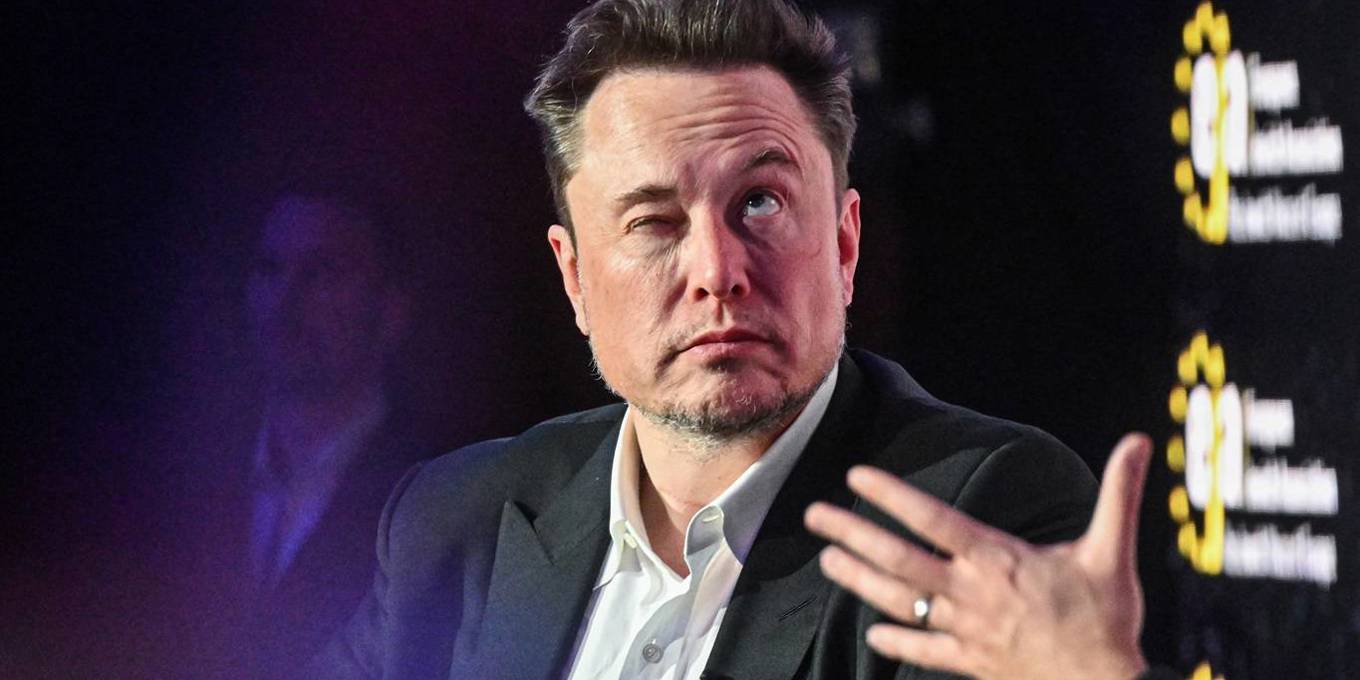I agree that the Musk’s behavior was lawful and agree that this isn’t a scam, but the Tesla bubble can continue pretty much indefinitely until it doesn’t.
I haven’t done a valuation exercise, but let’s say that Tesla is priced above its intrinsic value. During the memestock bubble (the old one, not the ongoing one) Matt Levine of Bloomberg recognized that while the stock market had a mechanism to bring prices up to intrinsic value [1], there was no mechanism guaranteeing that an overvalued stock would fall to earth. I mean if baseball cards, postage stamps, and other collectibles trade above their future stream of cash flows (i.e price>zero), why shouldn’t Tesla or Gamestop or AMC do the same? Yes, stocks can be shorted (if they are available to be borrowed) and options can be traded, but that’s just a countervailing force: there’s no guarantee that the price will settle out properly. P=future value of cash flows is a convention, not a law.
Brad DeLong discusses this newishly discovered absurdity:
“Dogecoin is just “if we buy this thing it will go up, so let’s buy it; also it will be fun and Elon Musk tweeted about it.” Look, I understand that I have gotten stupider by typing all of that, and you have gotten stupider by reading it, but it’s gonna get worse.”
DeLong also discusses the pay deal in the OP (registration required).
DeLong admires Musk more than the message board generally does:
Before the pay package, Musk was a run-of-the-mill Silicon Valley billionaire, though perhaps the most consequential one. He is clearly an effective fundraiser, cheerleader, and occasional coach for engineers working on battery technologies, electric vehicles, and rocket science. Without him, those technologies would not have been pushed forward as much as they have. Though he is notorious for over-promising, Musk over-delivered in these cases. When the history of humanity’s effort to tackle climate change is written, the Musk of the 2010s will surely be one of the biggest heroes.
But here’s the thing. These big options packages create incentives for the CEO to manage the memestock rather than the underlying value of the company. Memestocks run on gimmicks (Twitter rebranded to X! Cybertruck!) rather than the grind of meeting with suppliers, keeping your workers happy enough, or designing an economical car that will sell like hotcakes, the electric version of the Honda Accord or the Toyoya Corolla.
80% of Tesla’s revenues come from automotive sales. So what does Musk chat about during his last earnings call? Intangibles directed at boosting share prices, rather than the underlying value of the company. Musk, from the DeLong link:
“We should be thought of as an AI or robotics company. If you value Tesla as just like an auto company, you just have to – fundamentally, it’s just the wrong framework … the way to think of Tesla is almost entirely in terms of solving autonomy and being able to turn on that autonomy for a gigantic fleet. And I think it might be the biggest asset value appreciation history when that day happens when you can do unsupervised full self-driving.”
So over the long run it turns out that market rationality implies P >= the future value of cash flows. Buckle up folks, it’s going to get wild.
ETA:
Lynn Stout made this point in her book The Shareholder Value Myth. Article-length treatment: https://scholarship.law.cornell.edu/cgi/viewcontent.cgi?article=2311&context=facpub
Others have made it as well. Heck, in all nations throughout history, ownership of a house has been encumbered with all manner of legal restrictions that don’t apply to goods commonly owned. Property is basically a form of contract which can be complicated in practice when the property is assembled in large chunks.
[1] If P<future value of cash flows, somebody can buy the company out and take it private. Provided they can handle some arduous calculations and scenario comparisons. IOW provided somebody has invented spreadsheet software.
